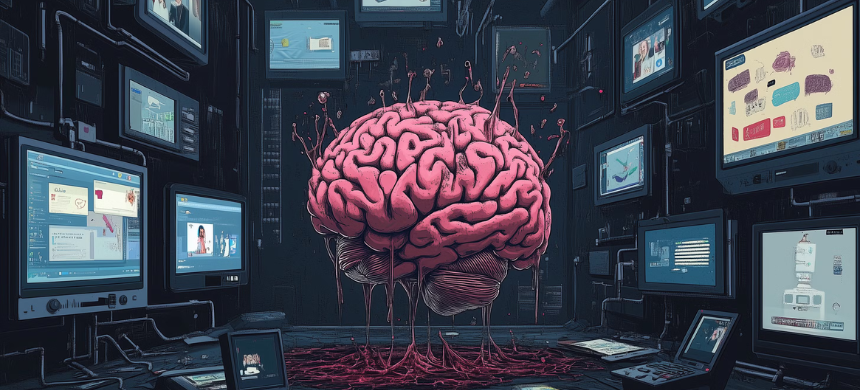Oxford University Selects “Brain Rot” as Word of the Year 2024
Oxford University has chosen “brain rot” as its Word of the Year for 2024, reflecting growing concerns about the negative impact of excessive social media consumption on mental and intellectual health. The term saw a dramatic 230% increase in usage from 2023 to 2024, mirroring rising anxieties over the low-quality, mind-numbing content prevalent on platforms like Instagram and TikTok.
Read More: Morning Coffee Enhances Energy and Health, Study Finds
While brain rot is not a scientifically recognized term, psychologist Andrew Przybylski of Oxford University notes that it encapsulates widespread dissatisfaction with the overwhelming and shallow nature of online content. According to Przybylski, the term reflects broader societal concerns about the decline in intellectual engagement due to the trivial and superficial material often consumed on social media. The phrase was first introduced in Henry David Thoreau’s 1854 book Walden, where Thoreau warned about the erosion of intellectual effort, a sentiment that resonates with today’s online culture.
Originally popular among younger generations, particularly Gen Z and Gen Alpha, who use the term to describe the overconsumption of shallow content, brain rot has now gained mainstream recognition, highlighting a cultural shift. Casper Grathwohl, President of Oxford Languages, explained that the selection of brain rot reflects society’s growing concern about how the internet shapes our lives, particularly its impact on real-world interactions and cognitive functions.
Read More: Waking Up Early Enhances Happiness and Health
Other terms that were shortlisted for the Word of the Year included demure, dynamic pricing, and romantasy. However, brain rot ultimately emerged as the winner due to its relevance in ongoing discussions about the evolving influence of digital spaces on human behavior and cognition.











